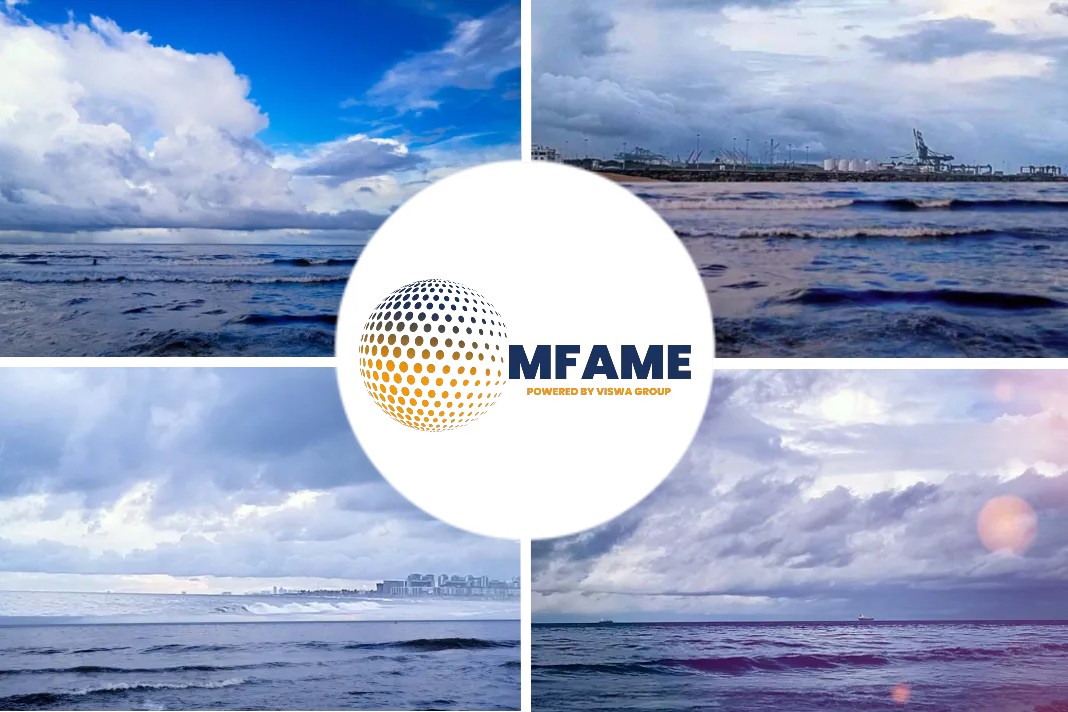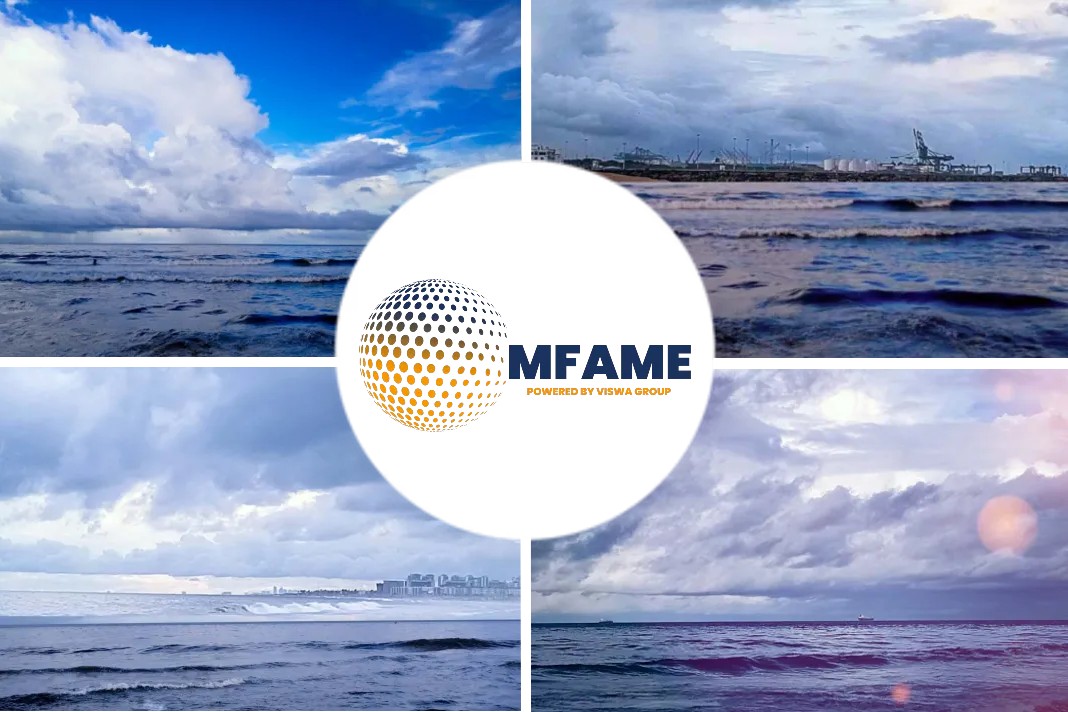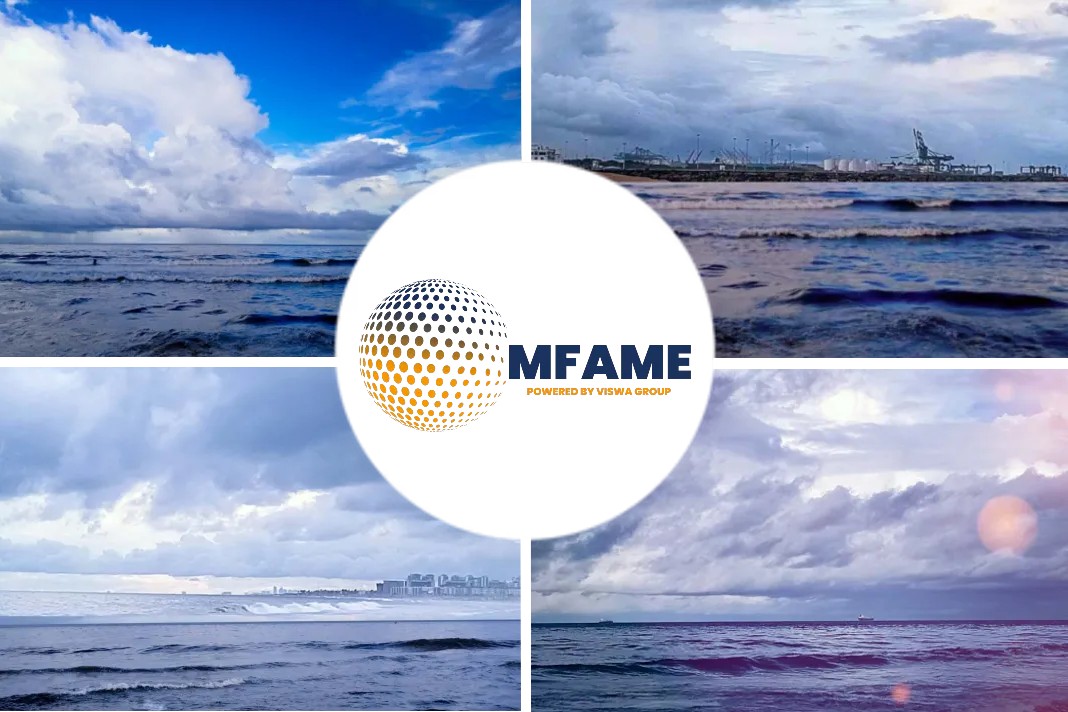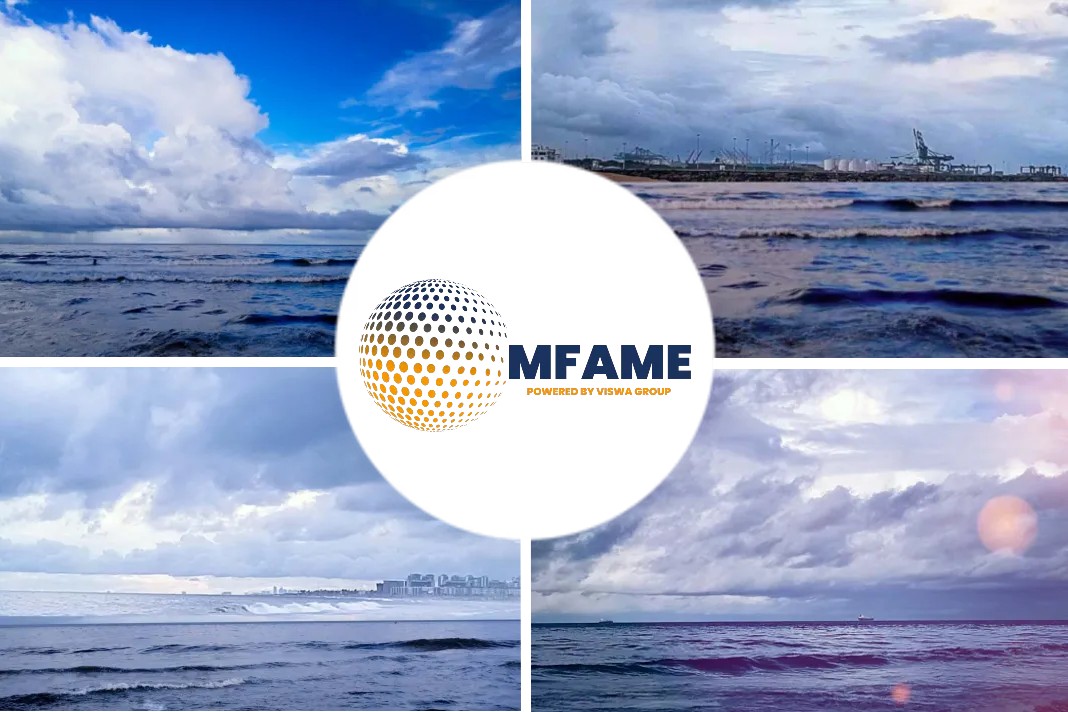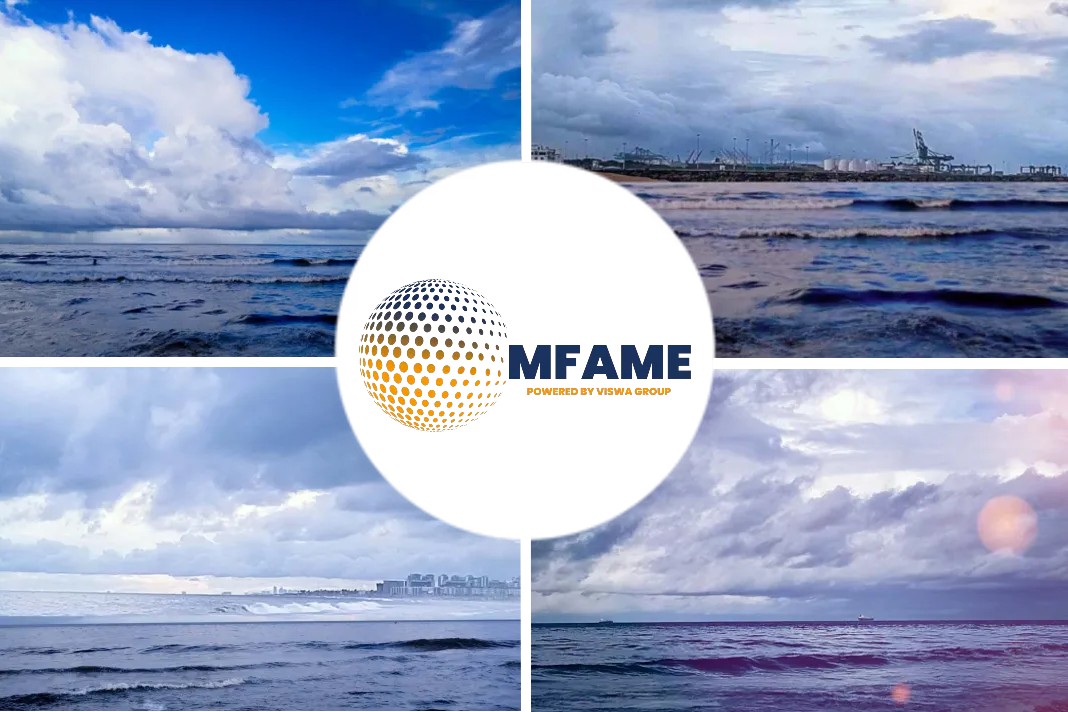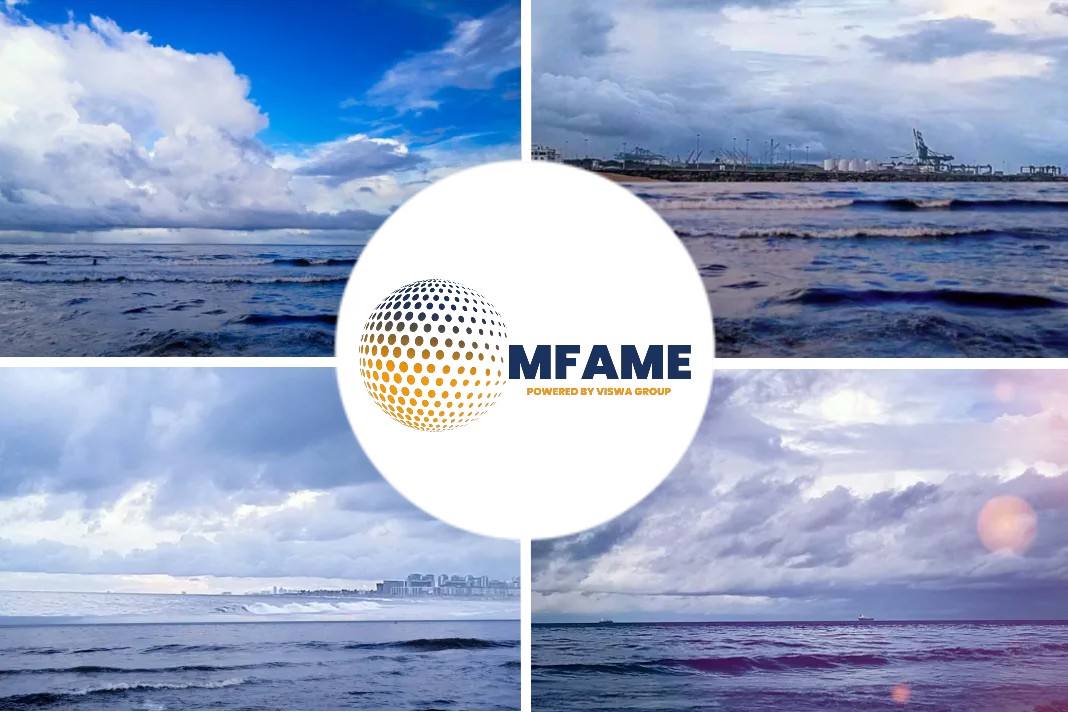BBC Islands reporter Steven McKenzie writes for an article about The Atlantic rower Niall Iain’s challenging third row and his experiences during the unexpected abandon of Alba.
Here’s an excerpt from that article.
Successfully third attempt
- The rower, who grew up in Inverness and lives in Stornoway, had made two previous unsuccessful attempts to make the crossing.
- In the first in 2014, he was rescued by the US Coast Guard about 50 miles (80km) off New York after he was injured.
- He hoped to make his second attempt in 2017 but abandoned the bid after a weeks-long wait in the US for good weather.
- The 2018 row was going to be third time lucky.
In May 2018, Niall Iain set off on what was his third bid to row more than 3,400-mile (5,471km) from the US east coast to Lewis in the Western Isles, his ancestral home.
Changing things
After setting off from Norfolk on the Virginia coast in his 7m (24ft) boat, Alba, things looked hopeful. He enjoyed close encounters with sharks and whales, and spent two days rowing in calm water in a fog so thick he could only see a few metres in any direction. For a short time he had a small bird for company. It flitted about the boat, would perch on an oar as Niall Iain rowed and spent a night sheltering under his seat on the deck.
Then a spell of bad weather hit and Alba’s rudder was wrecked. Niall Iain thought his bid was over, but the crew of a nearby patrolling US Coast Guard ship, the Diligence, came to his aid and repaired the rudder.
June journey
By June, Niall Iain was three quarters of the way into his journey when the weather turned bad again. Large waves pummelled Alba. He sheltered inside the boat’s cabin as the conditions worsened during the night.
Incompatible weather
“The boat went right over on one side,” he said. “I was caught unawares and it frightened me. I wasn’t expecting it.”
A short time later, Alba was struck by another large wave.
“The whole boat shook and it went through me too. The boat righted itself and I looked around me and there was clothing, equipment and food all over the place.”
In the Washing machine
From a window in the cabin’s door he could see the boat’s small wind turbine, which along with solar panels generated electricity for Alba, had been damaged.
Niall Iain waited until he thought the conditions had eased, and opened the door to get out on to the deck to try to carry out a repair.
“I wish I had just sat back and considered the pros and cons,” he said.
A wave hit and he was washed back inside the cabin. He was upside down with water in his mouth and nose. Another wave struck and the boat listed.
“It was like being in a washing machine.”
Mayday coast
He issued a Mayday and US Coast Guard got in touch to say there was a boat in his vicinity and it should reach him by dawn.
At that moment Niall Iain said he thought of himself on Alba as a “tiny speck of light” in the dark in the vast expanse of the ocean.
“I felt so isolated. I may as well have been on the Moon.”
The tiny life raft
At first light Niall Iain got his first proper look at his only way out of his predicament, the huge Quebec-bound cargo ship, the Dolfijngracht.
For an hour its crew deliberated how best to rescue him. It was agreed he should get into his tiny life raft, abandon Alba and row to the ship.
With just the life raft’s small yellow paddle, Niall Iain made his way to the Dolfijngracht.
As he drew closer his life raft was dragged towards the bow of the ship. The front of the vessel heaved up and down in a heavy swell.
When the bow rose, the life raft was pulled underneath it and was then pushed back as it crashed back down into the water.
Niall Iain said, “I was caught in this kind of dance for about a minute.”
“That was the only time I ever felt there was nothing I could do. I thought: ‘What will be, will be’.”
Eventually, the life raft was pushed clear of the bow and it drifted along a side of the ship.
The crew threw ropes down and Niall Iain wound one so tightly around his hand that the blood stopped flowing to his fingers.
A rope ladder was lowered and he climbed to the deck where he collapsed, exhausted and relieved.
Truly isolated and Sleeping rough
Eight days later the cargo ship arrived in Quebec City in Canada and soon after that Niall Iain was booked on a flight to Glasgow.
But he said he felt far from happy to be returning home to Scotland. Thoughts of having had to abandon his attempt had taken a toll on his mental health.
“I didn’t want to go back and face people,” he said. “When I arrived in Glasgow I should have contacted my family and my partner at the time. I didn’t want to.”
“When I arrived in Glasgow I just wanted to destroy everything. I was so depressed.”
Niall Iain said he spent “a few days sleeping rough in Glasgow”.
“I was just spending money, getting drunk, eating junk food so that I didn’t feel healthy. To what end I don’t know to this day,” he said.
It was not until the end of September that he finally went to Aberdeen where his partner lived and knocked on her door.
Over the following weeks, Niall Iain monitored the plight of Alba, which was sending out a GPS signal every 12 hours.
The small boat appeared to be drifting in circles off the North American coast. At the end of October the signal died.
Journey completed
In late summer of 2019 Niall Iain got a message on social media from a girl in the Western Isles. She said her dad thought he had found Alba.
The boat, which had been 15 months at sea, had come ashore at Asker Nish in South Uist. Alba was in a sorry state, covered in seaweed and barnacles and with holes smashed in the cabin.
But it had washed up on a beach between where one Niall Iain’s grandmothers was born and his parents are buried. It was about a mile from either site.
“I was glad one of us had completed the journey. She was almost at the back door. She couldn’t be nearer,” said Niall Iain.
Did you subscribe to our newsletter?
It’s free! Click here to subscribe !
Source : BBC







